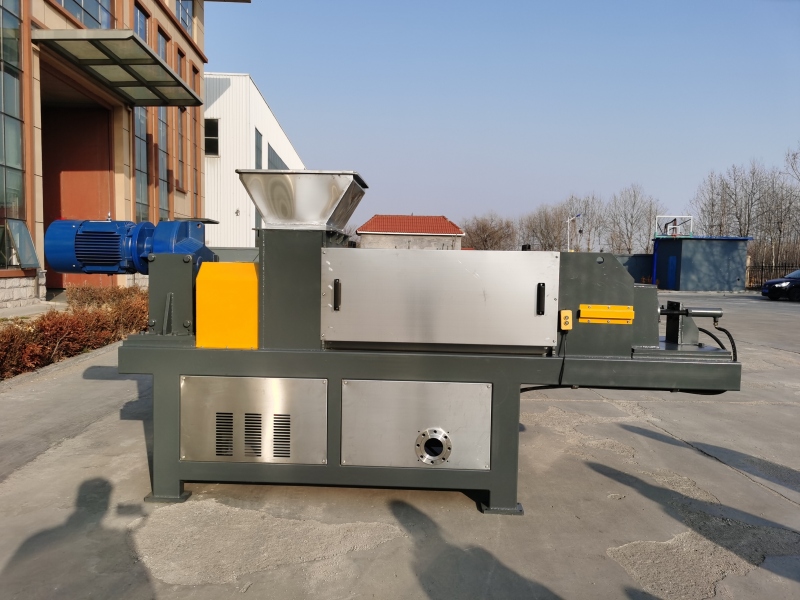
Wood processing industries generate a significant amount of wood residue as a byproduct. Efficient management of this residue is crucial for both environmental sustainability and economic viability. One of the innovative solutions in this regard is the implementation of screw dewatering machines. These machines play a vital role in the process of separating water from wood residue, commonly known as wood sludge or sawdust, thus significantly reducing the overall volume of waste. This article explores the importance and benefits of screw dewatering machines in the context of wood residue management.
1. Enhanced Sustainability:
Screw dewatering machines offer an environmentally friendly solution by minimizing the environmental impact of wood processing activities. By efficiently removing water content from wood residue, these machines reduce the volume of waste that needs to be disposed of, consequently lowering the carbon footprint of wood processing industries.
2. Increased Energy Efficiency:
The dewatering process, facilitated by screw dewatering machines, leads to a reduction in the moisture content of wood residue. This low moisture content enhances the efficiency of subsequent energy recovery processes, such as biomass combustion or pellet production. As a result, industries can harness energy more effectively from the processed wood residue.
3. Cost-Effectiveness:
Screw dewatering machines contribute to cost savings in waste management. By reducing the volume of wood residue, businesses can minimize disposal costs. Additionally, the dewatered wood residue can be repurposed for various applications, such as composting, animal bedding, or as a raw material for manufacturing wood-based products. This versatility adds economic value to the otherwise discarded material.
4. Preservation of Natural Resources:
Efficient dewatering of wood residue helps conserve natural resources. By reusing the dewatered material, industries decrease their dependency on virgin wood resources. This conservation effort supports sustainable forestry practices and contributes to the preservation of biodiversity.
5. Compliance with Environmental Regulations:
Many regions have strict regulations governing industrial waste disposal. Screw dewatering machines assist industries in adhering to these regulations by significantly reducing the volume of waste that needs to be managed. Compliance with environmental standards not only avoids legal issues but also enhances the reputation of businesses as environmentally responsible entities.
Conclusion:
Screw dewatering machines play a pivotal role in transforming wood residue management practices. By efficiently removing water content from wood sludge, these machines enhance sustainability, increase energy efficiency, reduce costs, preserve natural resources, and ensure compliance with environmental regulations. As wood processing industries continue to prioritize environmentally friendly practices, the adoption of screw dewatering machines stands out as a practical and impactful solution, aligning economic goals with environmental stewardship.




If your company wants to establish a business relationship with us, please briefly describe the cooperation intention and send an email to:chuantaiscrewpress@gmail.com























































































![[list:title]](/static/upload/image/20240528/1716877114510915.jpg)